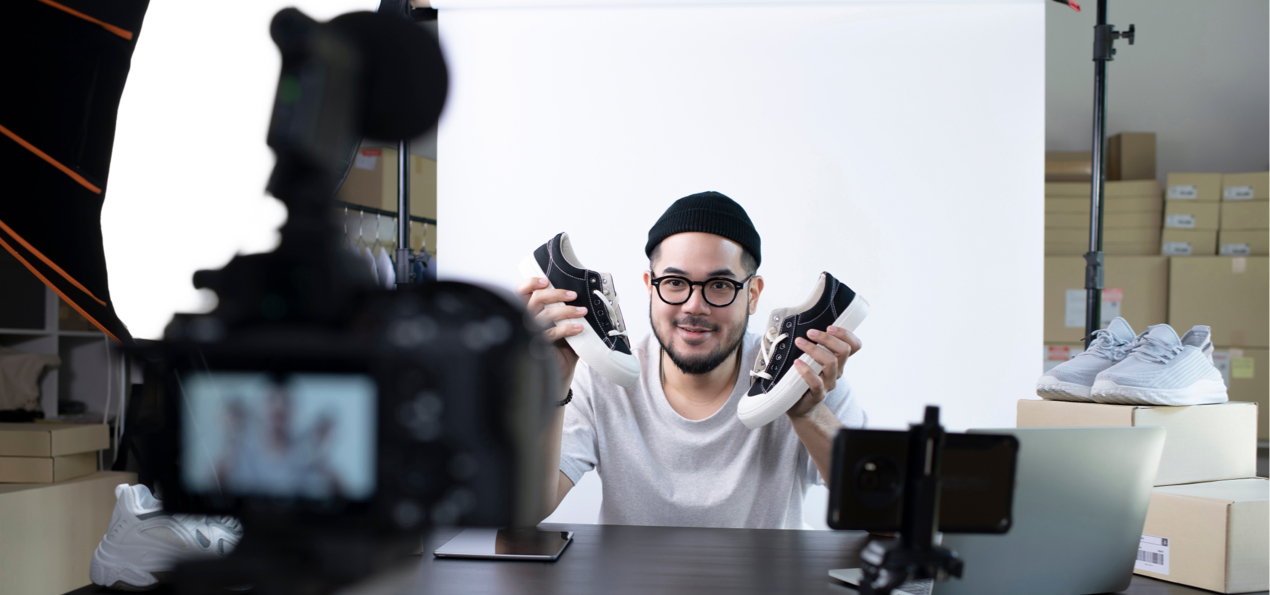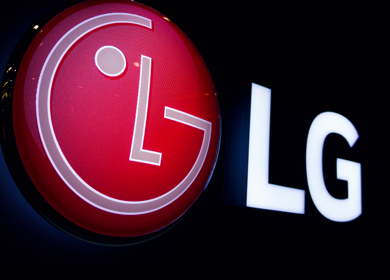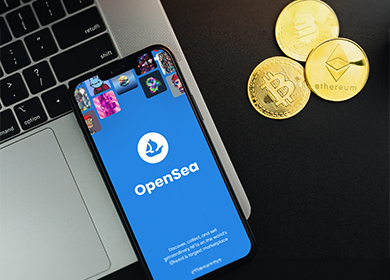From vanity to value: How significant is it to take influencer marketing to the next level?
Published: June 06, 2023

Getting audience attention has become increasingly difficult for brands in today’s online world due to the insurmountable amount of noise on the internet. This puts brands in a position to come up with innovative digital marketing strategies.
On the other hand, consumer expectations are also gradually changing. In the process of finding different approaches to gain audience attention, brands recognized the power of influencers.
As audiences’ craze for social media keeps flying high, it has evolved to be an integral part of today’s businesses. Many brands spend a substantial sum of time and resources in this hyper-connected world to carry out successful influencer marketing campaigns.
Especially despite the elusive nature of ROI measurement in this space, brands are pouring significant budgets into collaborating with powerful influencers out of fear of missing out on new opportunities.
Brands are just enthralled by the enticement of vanity metrics (likes, comments, and shares), which provide only a hazy picture of the true influence of their influencer campaigns.
Although it has the power to reach vast audiences, the inability to precisely gauge the ROI of influencer campaigns, on the other hand, is indeed a significant challenge for them.
Establishing specific campaign goals as well as determining measurable key performance indicators (KPIs) that are aligned with broader business objectives is crucial for successful campaigns. Thus, to properly address the issue of ROI measurement in influencer marketing, brands and influencers must collaborate to create a structure that goes beyond vanity metrics.
AI-powered performance marketing could be an innovative solution to the problem of measuring ROI in influencer marketing campaigns. Here are a few ways it can help marketers:
Data-Driven Influencer Selection: This data-driven approach guarantees that brands collaborate with influencers who are more likely to produce a positive ROI.
Attribution Modelling: AI algorithms only allocate credit to influencers on the basis of their influence throughout the customer journey by analysing multiple touchpoints and customer interactions.
Monitoring Performance: By utilising AI algorithms, brands obtain instantaneous insight into the efficacy of their influencer partnerships and can make data-driven changes on an ongoing basis.
Fraud Detection and Brand Safety: Machine learning algorithms analyse patterns and data points to detect suspicious activities and can assist brands in filtering out deceptive influencers and protecting their investments.
Comprehensive Analytics and Reporting: AI algorithms help brands gain a holistic view of their ROI by combining data from multiple sources. Furthermore, it can help brands evaluate performance, optimise strategies, and justify marketing investments by providing clear and measurable ROI metrics.
As influencer marketing grows, accurate ROI measurement becomes increasingly important. Leveraging the endless possibilities of AI-powered performance marketing in influencer campaigns can be a key to effectively managing it.
How crucial is it for marketers to come up with an appropriate framework of measurement for influencer marketing?
While staying aligned with current trends is critical for brands, following the trends blindly is not the way to reap compelling results.
Given the significance of influencer marketing in today’s digital arena, it is true that marketers and brands cannot exclude it from their marketing mix. However, finding pathways to evaluate the true impact of their investment in influencer marketing is equally important.
It is convincing that brands and marketers are on that path and coming up with innovative ideas to handle this situation. Needless to mention the innovative influencer marketing tactics used by DTC brands Jolie and Outlines and the efforts of a few brands in the market to use influencer marketing in combination with affiliate marketing to reap the most of it.
And, now, the idea of using AI-powered performance marketing in influencer marketing seems to be an interesting and innovative solution to determine the commercial success of their influencer marketing with concrete metrics.
Whatever the pathways may be, finding a substantial pathway to address this problem (businesses depend on vanity metrics to evaluate the success of influencer marketing campaigns) is hypercritical for businesses for various reasons.
- Vanity metrics are most likely to mislead the brands about the actual impact of the campaigns on their target audience. Because a high number of followers or likes doesn’t mean sales, it cannot provide detailed insights on the real impact of the campaign to determine the true ROI of their influencer partnerships.
- The painful reality is that vanity metrics can easily be artificially inflated. That is, if the influencers your brand partners with purchase followers or engagement, then it can create a false perception of their reach. This way, you will end up having a large following but little meaningful engagement. And, consequently, it will lead brands to achieve poor campaign performance.
- While using tactics like AI-driven performance marketing in influencer marketing, brands will be able to choose the right influencers and, more importantly, filter out the deceptive ones. It will help them thoroughly understand the relevance of the influencer's followers to the brand's target market before making a partnership. However, in the absence of AI-driven tactics, it will be complicated for marketers to make data-driven decisions and thus end up investing more dollars in irrelevant audiences and influencers.
- As influencer marketing partnerships transition from project-based to long-term approaches to reap better outcomes, having proper metrics in place is critical for businesses to identify effective influencers. Only with concrete metrics can businesses assess if the particular influencer can generate the best results over time for their brand and make sustainable collaborations.
In a nutshell, undoubtedly, finding an appropriate framework of measurement to gauge the effectiveness of influencer marketing campaigns is crucial for brands to ensure they spend their marketing investment meaningfully. And, indeed, we see using AI-powered performance marketing in influencer marketing as a good beginning.










Be the first one to comment.